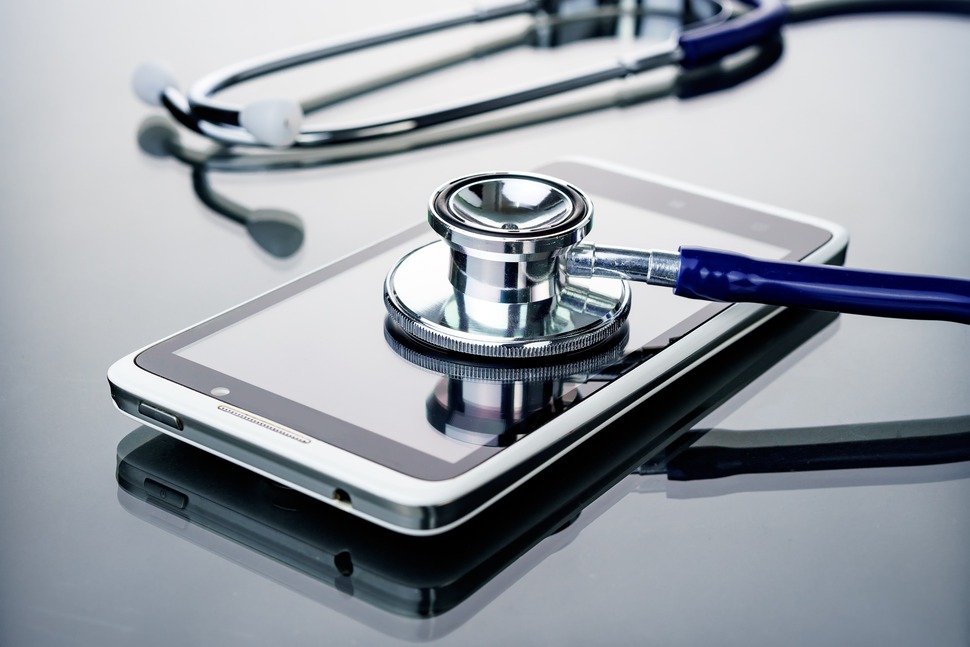With advances in software and server security, healthcare can now take full advantage of digitization. It should be noted that healthcare is a trillion dollar industry spread across hospital care, clinical services, nursing homes, home health care, drugs, R&D.
Technology is improving patient management and those agents in the health sector that have implemented digitization have a competitive advantage over the rest of the industry.
5 Benefits of Digitization in the Health Sector
1) Better Doctor-Patient Coordination
Digitization makes it easier for patients to preserve their medical records over time, an important factor considering that this is key in emergency situations when a hard copy may not be available. In this case, digitization helps keep doctors informed about the patient’s history at each visit.
In addition, patients can create and maintain a digital archive of their medical records, upload it to a cloud service, and share it with the people or doctors they want. Of course, this requires a bit of effort to maintain, as well as technical knowledge, but it’s certainly worth it in emergency situations.
2) Automation of Administrative Tasks
In some countries, such as the United States, administrative expenses represent more than a quarter of total hospital expenses. In Spain, an even more alarming statistic is that doctors spend less than a third of their time caring for patients. Instead, most of your time is spent on various administrative tasks. Thus, physicians can spend up to a third of their time simply entering patient notes into the electronic health record system.
Obviously, this is not a very efficient system and a doctor’s time is a precious commodity. But, thanks to digitization, tasks can be automated and advanced Artificial Intelligence (AI) systems can be implemented that offer, among other things, prescription reminders.
Based solely on statistics, it is quite evident that administrative tasks are a major obstacle to the productivity of doctors. Automating these tasks will reduce the burden on them and clinical staff, allowing them to focus on treating patients.
3) Communication between Doctors
Unfortunately, some patients have medical conditions that require them to seek the help of different specialists. Therefore, it is extremely important that they maintain a constant flow of communication to design the best general medical plan for the patient.
Drugs, for example, can cause complications, but with a system that keeps all specialists informed, they can design a medication plan tailored to each patient’s needs.
With the help of the constant exchange of information, specialists will also know what is working and where progress is being made. This is an area where digitization can help doctors do their jobs effectively and efficiently.
4) Data Security
Digital data is always at risk from malicious attacks, but that does not mean that physical files cannot be lost, as there is always the possibility of losing medical records due to unexpected situations such as natural disasters (earthquakes, floods) or possible negligence.
With an expertly designed digital data storage system, these factors can be eliminated for medical records. Not only that, but authorized personnel can access them from anywhere, ensuring their availability in case of need.
5) Health Information in Real Time
Smartphones and laptops are immensely popular pieces of hardware these days. Similarly, modern smartwatches can monitor heart rate, count the number of daily steps, and even take an ECG. This makes them tremendously useful not only for everyday users, but also for their doctors.
The doctor can set a “trigger” when a certain condition is met (for example, heart rate exceeds a certain threshold) so that action can be taken quickly. Today, doctors can be proactive and prevent something unfortunate from happening by monitoring data in real time.
 Subscribe
Subscribe
 Ask for a demo
Ask for a demo

 3 min
3 min
